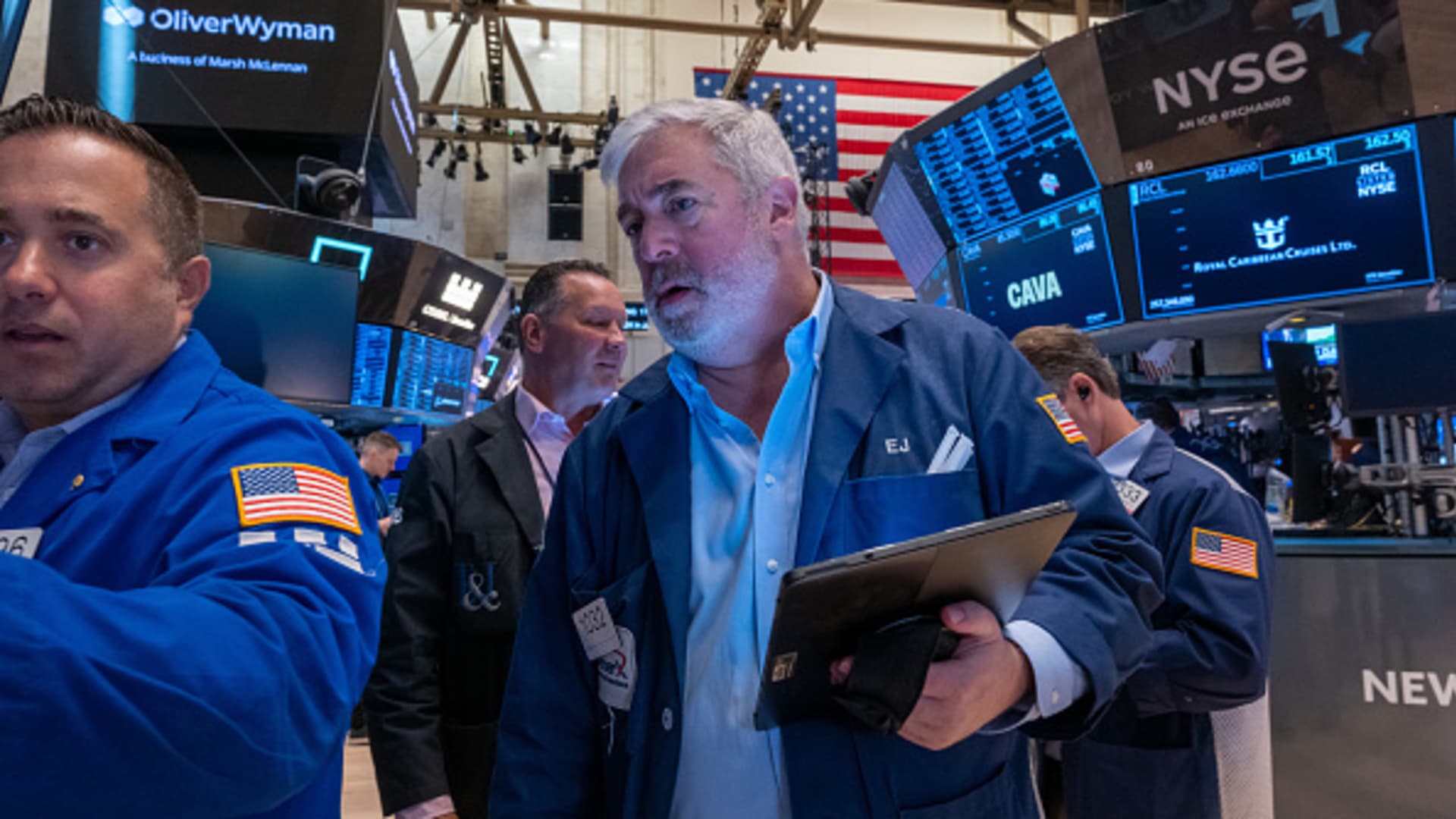Small-cap stocks are on a tear right now as they took the baton from megacap technology shares last week to lead the bull market on hopes interest rate cuts will broaden out the economic recovery to their benefit.
The Russell 2000 index, the benchmark for the group, jumped 3.5% on Tuesday, hitting its highest level since January 2022. It marked the benchmark’s fifth time since 1979 that it has had a five-day streak of gains north of 1%, according to Bespoke Investment Group.
The small-cap benchmark is up 12.8% over the last one month, triple the gains in the S&P 500.
Fundstrat’s Tom Lee, who’s been correctly calling the stock market for the past few years, said the rally in small caps could last for more than two months, seeing dramatic gains for this cohort.
“We think this move could be something like 10 weeks and as much as 40%. I think it is just starting,” Lee, head of research at Fundstrat, said Monday on CNBC’s “Closing Bell: Overtime.”
Investors are rotating into previously unloved corners of the market as cooling inflation data last week fueled bets that the Federal Reserve could cut interest rates soon and skirt a recession. Small caps are typically more sensitive to fluctuations in the economy and market sentiment and could see outsized benefit from falling rates.
Moreover, the group is gaining traction as the “Trump trade” among investors, seen as potential beneficiary of a win by former President Donald Trump in November.
While Trump does not have detailed policy proposals for a second term, hiking tariffs while lowering taxes and regulation could be a boost for domestic stocks, including small caps, according to David Kostin, chief U.S. equity strategist at Goldman Sachs.
Trump’s betting market odds of winning the election have steadily climbed in recent weeks since the debate against President Joe Biden in June and his survival of an assassination attempt over the weekend.






